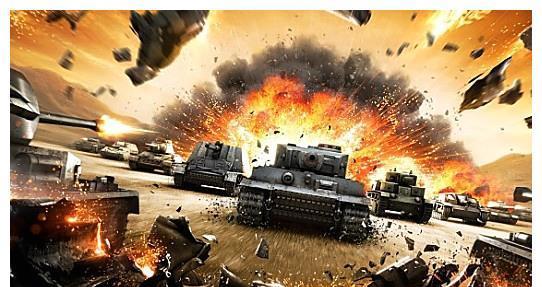[During World War II, the United States, the Soviet Union, China and Japan, the three stages of state-to-state relations]
In Japan, the national character is like a "wolf dog". If you are cowardly, they show the ferocity of the "wolf"; if you are tough, he shows the taming of the "dog".
Some people say that the relationship between countries is nothing more than two ways: "thunder strike" and "bodhisattva heart". Thus, during World War II, the united States, China, and the Soviet Union's approach to Japan could be divided into three stages:

King's Seat: United States
The United States' treatment of Japan, the bombing of two atomic bombs, and the strong occupation of the Japanese mainland are undoubtedly "thunderous means." Later, in order to serve the Cold War, he began to shelter Japanese war criminals and develop the Japanese economy, which is undoubtedly the "heart of a bodhisattva".
The United States has a big stick in one hand and a turnip in the other, and the means of Enwei and Wei have made Japan obey on the one hand and be grateful to Dade on the other hand. - This is the position of the king of the japanese means.
Diamond rank: Soviet Union
In the early days of World War II, at the critical moment when the German Blitzkrieg killed Moscow. Japan stabbed a knife in the back, and the Soviet Union and Japan fought the "Battle of Nomonkan". "A small border conflict" was personally commanded by Zhukov, commander of the group army, and a fully mechanized force was dispatched to kill chickens with cattle knives and fire 310,000 tons of shells and bombs (almost the amount of China's entire War of Resistance). Japan never dared to fight the Soviet Idea again.
At the end of World War II, in the face of Japan,000 troops, the Soviet Union still sent 150 troops to destroy the Kwantung Army in two or three weeks. Even after Japan announced its surrender, it still forcibly occupied the four northern islands. The Soviets said it was punishment for them.
Undoubtedly, the Soviet Union has always been a "thunderbolt means". Undoubtedly, the Soviet Union had already subdued Japan. Even with the collapse of the Soviet Union and the weakness of Russia, Japan did not dare to hold its teeth against Russia. On the issue of the four northern islands, has Japan ever been tough? --------------------------------------------------------------------------------------
Bronze Duan: Jiang's Republic of China
China and the Soviet Union are two extremes. The Soviet Union only understood the "thunderbolt means"; the Republic of China under the leadership of Chiang Kai-shek seemed to have only had a "bodhisattva heart". First of all, the 918 non-resistance, and then the anti-war did not forget to propose peace. After the war, Chiang Kai-shek did not have the opportunity to send troops to Japan, nor did he fight for the opportunity to take Ryukyu.
If we want to say that the above is a last resort, then there are these: after the war, there was no severe liquidation of Japanese war criminals, and actually gave up Japan's war reparations. "Bodhisattva heart" does not seem to have been replaced by gratitude, right? The impact is that Japan still looks down on us - Chiang Kai-shek's Republic of China can only be bronze.
Young Marshal Erzhu said: "The respect between countries is the most real if it is obtained on the battlefield."